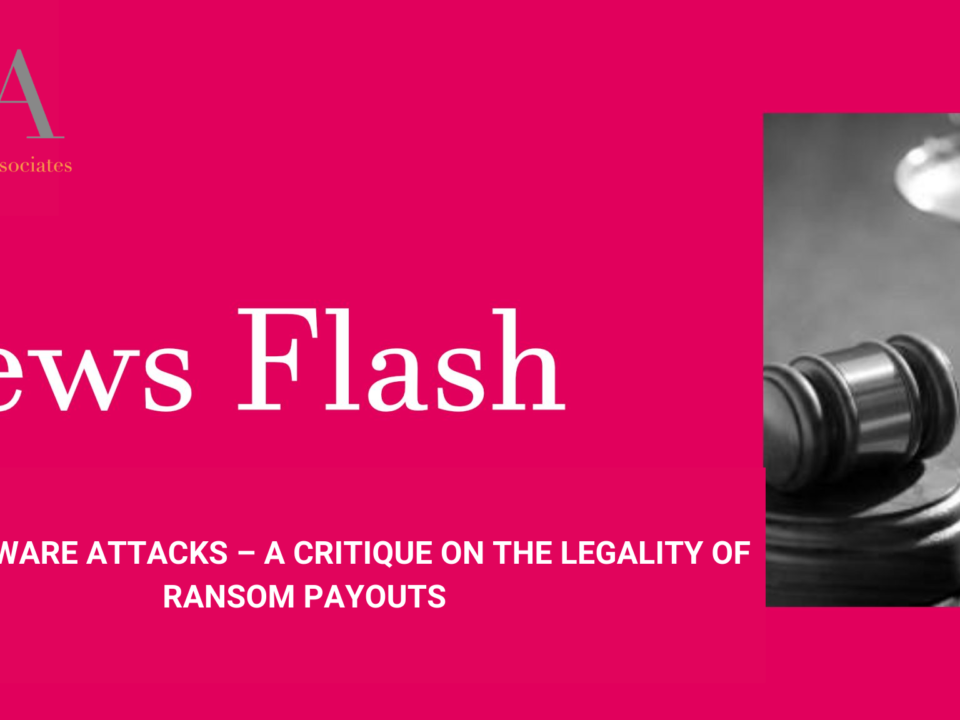
The Competition Commission of India (“CCI”) vide its order dated 22nd February, 2021 elaborately discussed that cartelization occurs when the provisions of section 3, that categorically prescribes the creation of certain anti-competitive agreements are violated. Therefore, agreements that provide for bid-rigging, price-fixing, etc. are presumptively deemed void.
The instant case came up for consideration upon receipt of a letter dated 31st January, 2014 from Lok Sabha Secretariat with a request to examine whether there was any evidence of cartelization and if various domestic airlines were operating in contravention of the provisions of Section 3(1) of the Competition Act, 2002 (“Act”) read with Section 3(3) thereof.
To certify the existence and functioning of a cartel, the CCI had establish that the competitors had entered into an agreement with the explicit goal of fixing prices, limiting supply, sharing markets or rigging bids. Additionally, the Director General (“DG”) had to establish whether the requirement of a parallel conduct had been satisfied in order to become actionable under the said Act?
In an initial report, the DG observed that airlines were maintaining some degree of stability in their market shares in both lean and peak seasons. Further, almost similar cost structure of the airlines also appeared to facilitate collusion on price to be charged in contrast to differentiated cost structure, where low-cost firms usually compete with high- cost firms on prices to capture greater market share. Additionally, it was observed that despite differences in base fares and airlines fuel surcharge, the end fares charged by all the airlines for tickets, were almost similar.
Based on the above, the Commission prima facie opined that the airlines were exhibiting characteristics of anti-competitive conduct and accordingly, passed an order directing the DG to cause an investigation into the matter.
With a view to investigate as to whether there existed an agreement or understanding amongst airlines, the DG had to examine inter alia the following issues: (I) Examination of market share of the airlines on four sectors to determine if they were relatively stable during April 2012 to March 2014. (II) Examination of cost structure, fare setting practices and if the system of dynamic pricing was adopted?
The matter was examined and data was analyzed for the sample reference period i.e., April 2012 to March 2014 in respect of Jet Airways, Indigo, SpiceJet, Go Air and Air India. Whilst dealing with the aspect of examination of market share, the DG in his report dated 15th September, 2016 observed that the monthly market shares during the given period had been fluctuating, at times by significant margins, and that the pattern of market share did not indicate any linkage between two or more airlines.
After thoughtful consideration, the DG mentioned that had there been any cartelization amongst the airlines, the respective cartel members would have maintained stability in their relative market shares. However, no such behavior of maintaining stable market share was noticed during the analyzed periods. In view of the above, it was concluded that these market shares did not display any kind of parallelism.
Moreover, while determining whether the pricing strategy is independent of other airlines, the DG found that airlines follow a dynamic pricing mechanism for which they use softwares which update the airfares dynamically by taking into consideration factors such as prevailing/ expected demand conditions, actual booking, price of competitors, seasonality, etc. and set corresponding booking limits for the updated airfares for each flight. Additionally, it was observed that airlines come out with various schemes like ‘Seasonal Sale of tickets’ and such schemes are not generally imitated by other airlines.
It was noted that these softwares were guided by in-built algorithms, on the basis of inputs provided by the revenue management team. Further, it was found that the revenue management team has the final say in fixing the prices and can subsequently modify the same if they do not agree with the forecast predicted by the softwares. Therefore, in the absence of any evidence to the contrary, it was not possible to establish concerted action on the part of these airlines at the software level.
Additionally, the Commission noted that a parallel conduct is actionable under the Act only when the adaptation to the market conditions is not done independently and is attributable to information exchanged between the competitors or through some other collusive conduct, the object of which is to influence the market. In the instant case, no exchange of communication between the airlines could be established.
The DG concluded that in view of the analysis done and in the absence of any evidence suggestive of meeting of minds, the investigation could not find any contravention of the provisions of the said Act. Therefore, in light of the above, the CCI concurred with the findings recorded by the DG and ordered for the matter to be closed.



